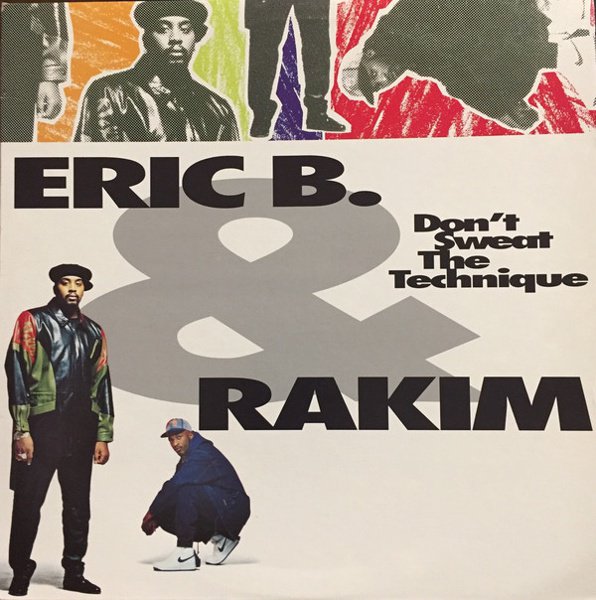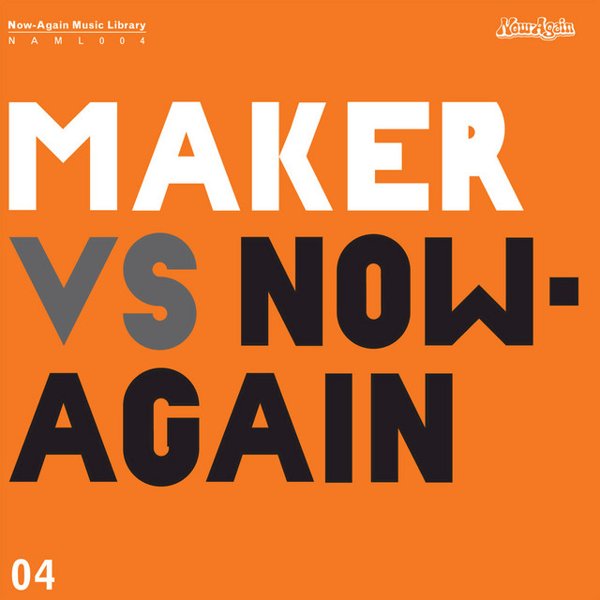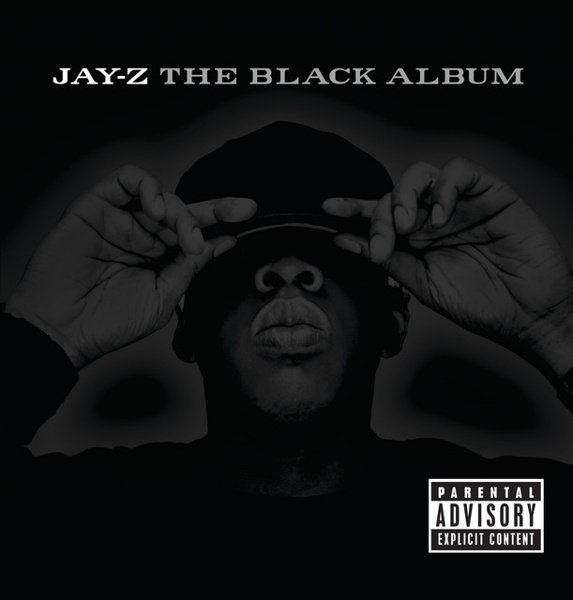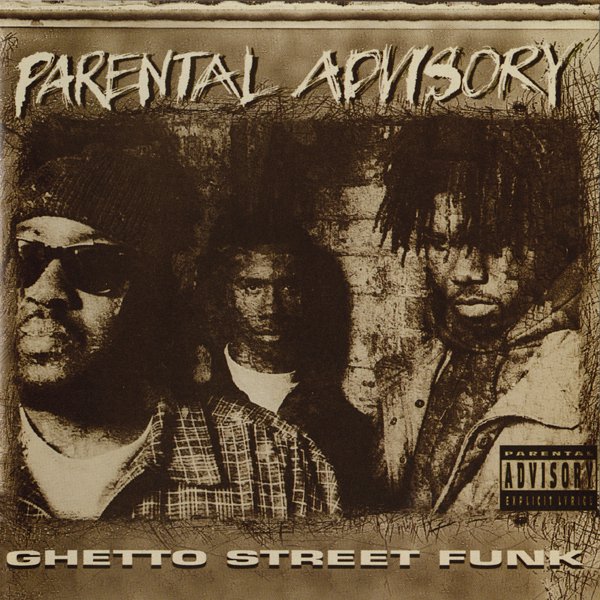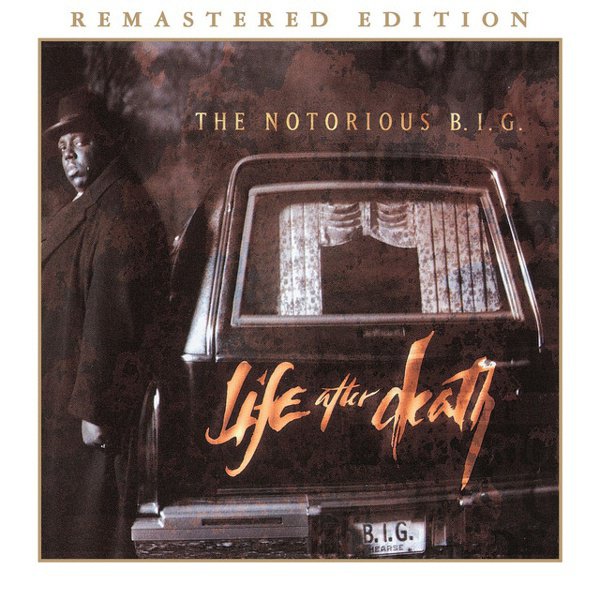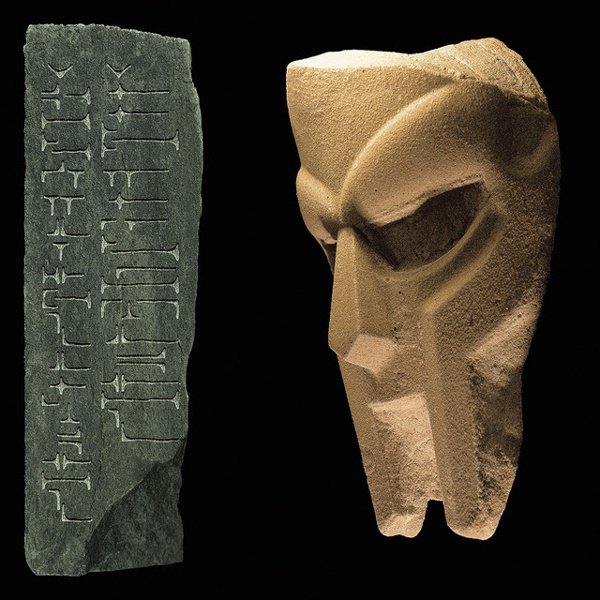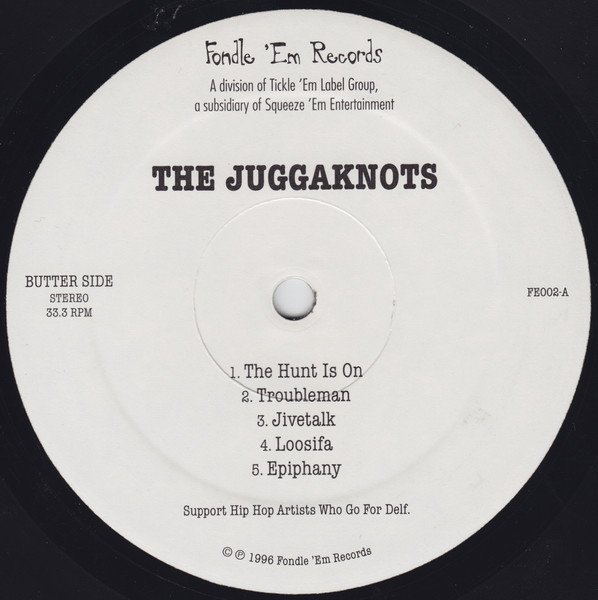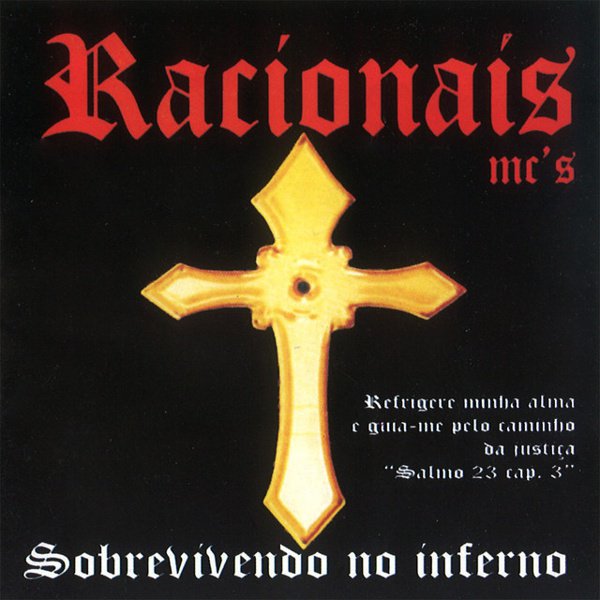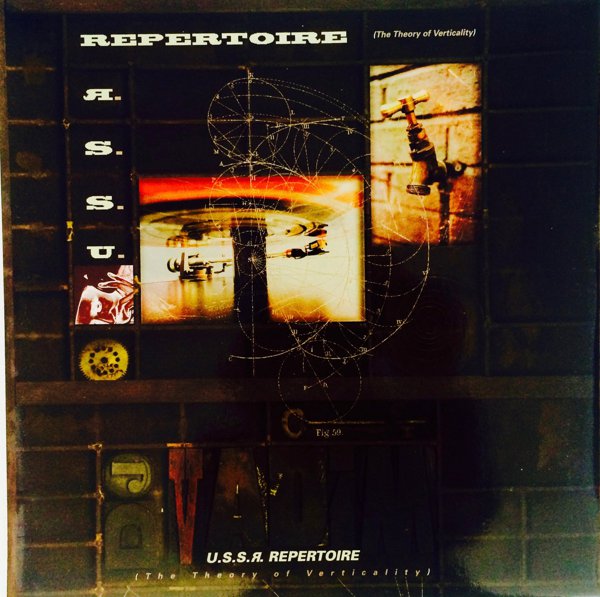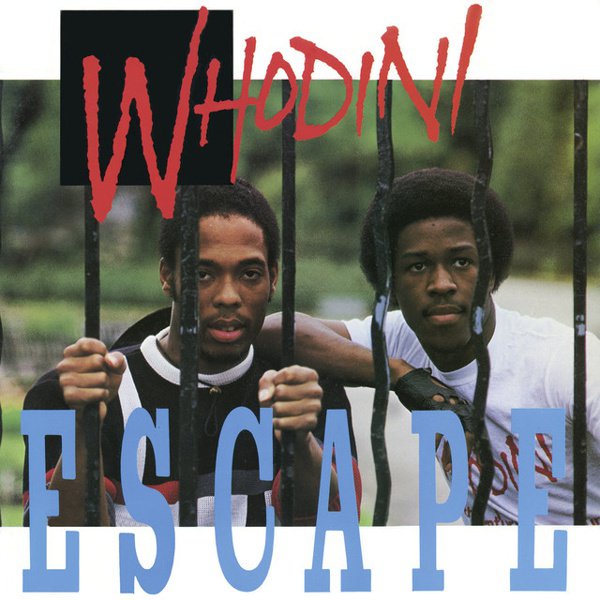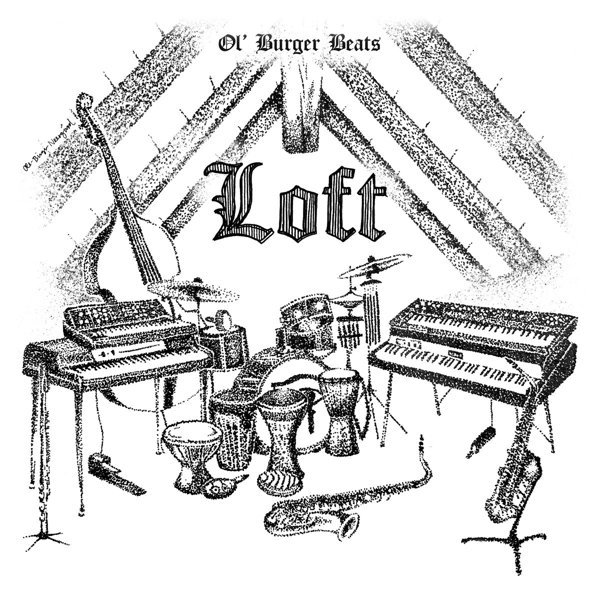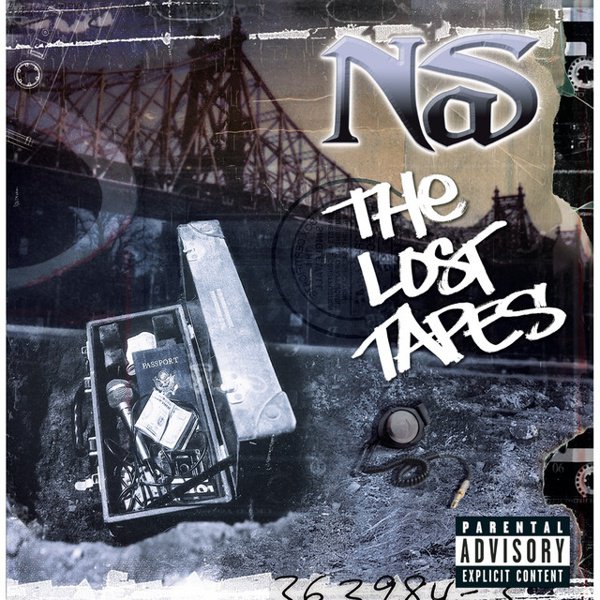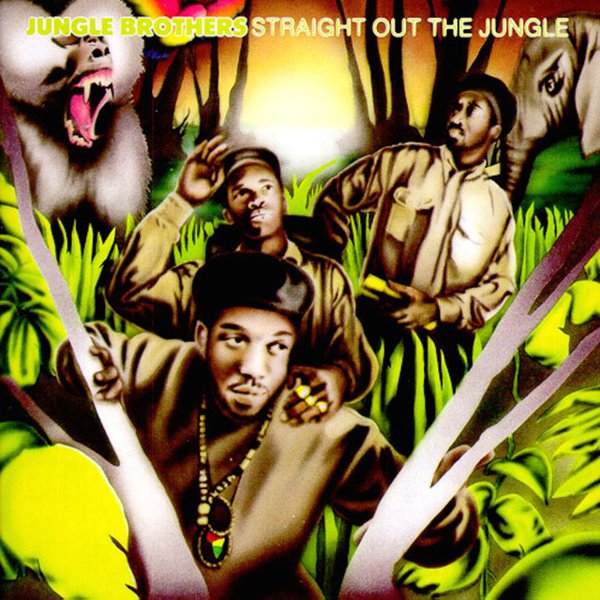
Recommended by
Straight Out the Jungle
The Native Tongues movement staked a claim for a new, more free-flowing bohemian Afrocentricism and a cross-generational appreciation for jazz’s influence in hip-hop — and the first album to drive that idea home made it sound like the ’90s started about thirteen months early. While their fellow travelers in De La Soul might’ve gotten the most attention after 3 Feet High and Rising blew minds the following year, the Jungle Brothers’ debut Straight Out the Jungle proved that the Native Tongues philosophy would move heads and bodies right out the gate. The production hooks you with the ’88-style familiarity of pared-back, percussion-first boom-bap breaks, while Afrika Baby Bam and Mike Gee’s ease with both post-Rakim lyrics-of-fury focus and old(er)-school party-starting geniality provide the kind of unpredictable mic presence that makes them sound accessible and formidable at the same time. But it also works because their spirited openness gives them a lot of leeway to goof off — and since they’re still proving themselves, that means the kind of goof-offs that have a lot of creative weight and carefree positivity behind them. So they get horny in ways that sound more fun than most sex-rap escapades (the schlong-driven euphemism-fest “Jimbrowski”; the exotica-satirizing romanticism of “Behind the Bush”), their boasts are heavier on self-big-ups than defensive hostility (“Braggin’ & Boastin’,” of course, but also the Sly & the Family Stone-boosted “Because I Got It Like That”), and their calls for liberation — especially on the emphatically choppy delivery of “Black Is Black,” the track that provided Q-Tip one of his first career highlights — lean harder on unity than conflict. All that, and they give you something to dance to, practically inventing hip-hop/dance music crossover with the Todd Terry collab “I’ll House You.” Straight Out the Jungle is still underrated to this day — there were a lot of genre-redefining hip-hop albums competing for attention in ’88 — but few records promised a brighter future that, at least for the front half of the ’90s, were so amazingly fulfilled.

